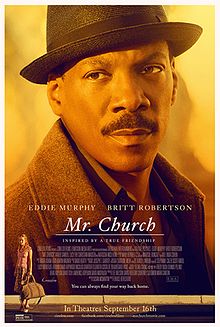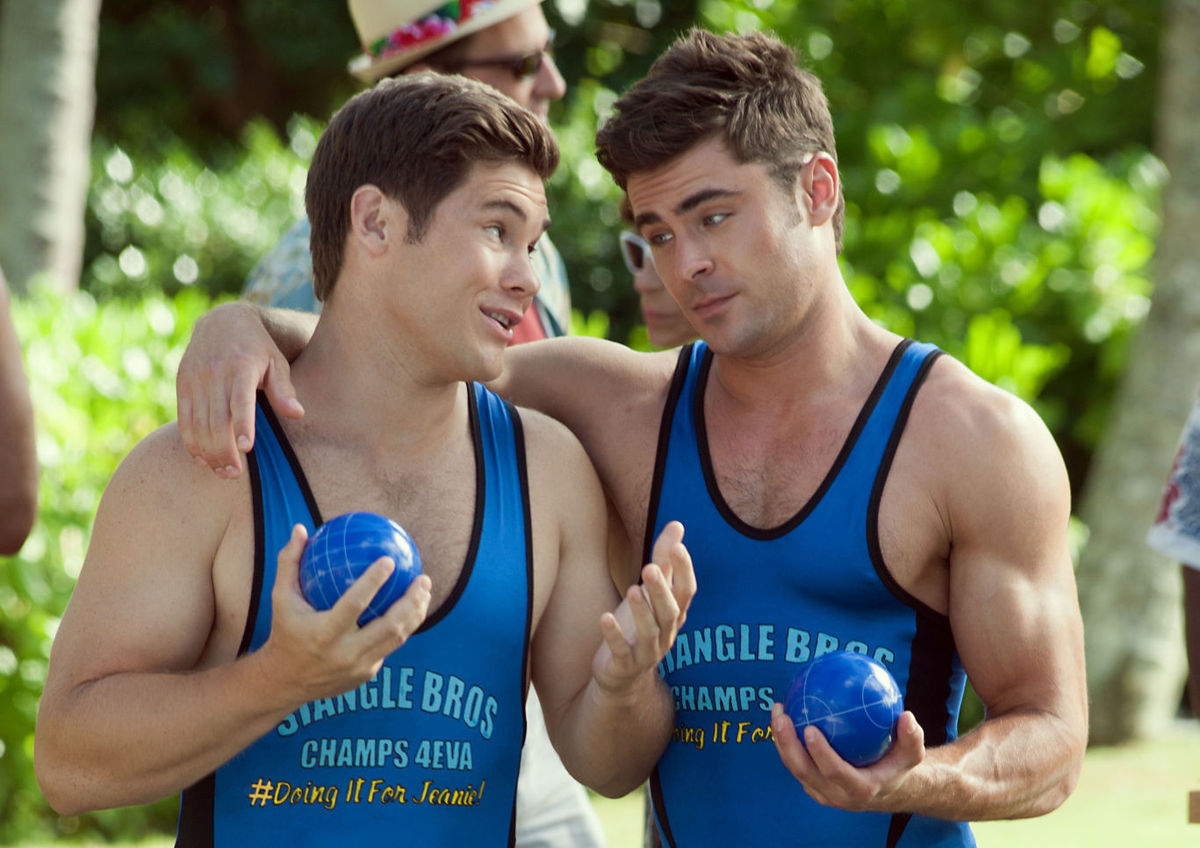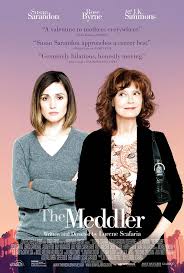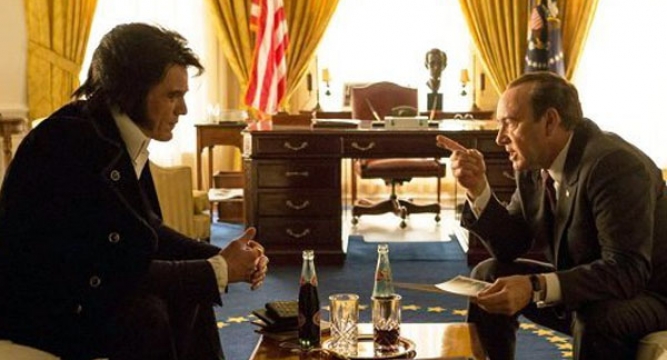Mr. Church
Posted on September 15, 2016 at 5:01 pm
B| Lowest Recommended Age: | High School |
| MPAA Rating: | Rated PG-13 for thematic elements |
| Profanity: | Some strong language |
| Alcohol/ Drugs: | Alcohol and alcohol abuse, smoking, prescription drugs |
| Violence/ Scariness: | Illness and very sad deaths |
| Diversity Issues: | A theme of the film |
| Date Released to Theaters: | September 16, 2016 |
| Date Released to DVD: | October 24, 2016 |
| Amazon.com ASIN: | B01JTQ3QTC |

Director Bruce Beresford picked the right time for the similarly themed “Driving Miss Daisy,” released in 1989, the story of a friendship between an illiterate black chauffeur and a cranky Jewish widow in the Civil Rights era South. It was a prestige and popular success, with Best Picture and Best Actress Oscars. But 27 years later, audiences are more sophisticated or less tolerant or both, and the idea of a devoted domestic who sacrifices a great deal from a combination of limited options and loyalty is not a reassuring fable of racial harmony but a grating reminder of white privilege and the prevalence of the narrative of the Magical Negro. No matter how based (as “Miss Daisy” was, as well as films like “The Help”) on real-life experiences and no matter how well-intentioned and affectionate the portrait, no matter how hard Beresford and Murphy try, it is hard to see the portrait at anything but condescending.
But I did my best to try, and watched it as writer Susan McMartin wanted it to be watched, as her sincere tribute to what she calls “a real friendship in my life.” With that context, I was able to appreciate the film’s evocative sense of time and place and Murphy’s understated performance.
Marie (Natascha McElhone) is a single mother of 10-year-old Charlotte (Natalie Coughlin). Marie is very ill, much worse than Charlotte knows. One day, Mr. Church (Murphy) shows up to cook for them. His salary is being paid by Marie’s former lover, a married man who still cares for her. Charlotte is resistant, even hostile, perhaps projecting some of her anger at her mother’s illness onto the man who seems like an intruder. She’d rather just have cereal. But she is quickly won over by his endlessly marvelous food, masterfully prepared, always while listening jazz on the radio. The economy and precision of his hands as he prepares the food is his own kind of jazz. Soon, he introduces her to something even more nourishing: his well-worn library of books, which he allows her to borrow only after filling out a check-out card.
Mr. Church’s care and her own fierce determination keep Marie going long past the predictions of her doctor, and she is able to see Charlotte (now Britt Robinson of “Tomorrowland”) go to the senior prom. But then Marie is gone, and Mr. Church saves the day by making it possible for Charlotte to go to college, until she becomes pregnant and has to drop out. With nowhere else to go, she finds herself back with Mr. Church, who takes her in and cares for her as he always has.
Even after all that, he is still “Mr. Church.” His private life is still private. And when Charlotte tries to find out more, he is furious. But they are family, and that means they find a way to go on together, until it is her turn to take care of him. (We’ve segued from “Driving Miss Daisy” to “Arthur”)
We spend too much time with Charlotte and not enough with Mr. Church. He is a far more interesting and significant character.
Parents should know that this film includes illness and very sad deaths, and smoking and alcohol abuse, and references to adultery and out of wedlock pregnancy. Her story is one we’ve seen many times before. His is one we want to know more about, and this film should have understood that he was its focus.
Family discussion: How did Mr. Church win Charlotte’s trust? Why didn’t he want her to know more about his life?
If you like this, try: “Clara’s Heart”









